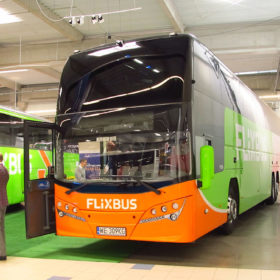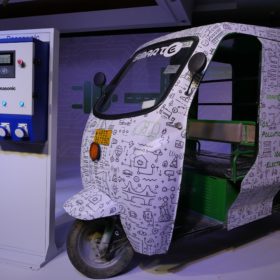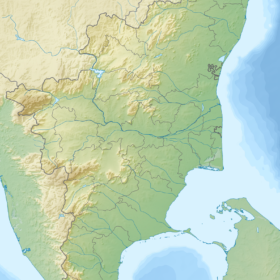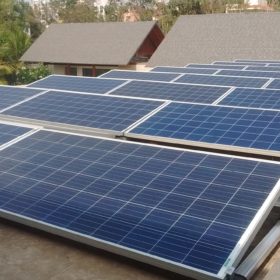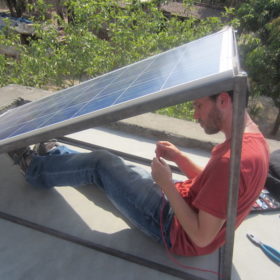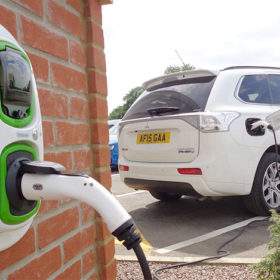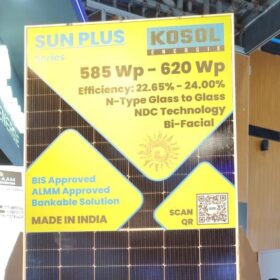FAME India so far
The government has supported 425 electric buses on pilot basis since the launch of FAME India [Faster Adoption and Manufacturing of (Hybrid &) Electric Vehicles in India] scheme that—in its second phase—aims to support (through incentives) about 7000 e-buses over a period of three years commencing from April 1, 2019.
BHEL tenders BOS for 100 MW plant at Raghanesda Solar Park
Bids are invited for supply, installation and commissioning of Balance of System (BOS) items for the state-owned engineering major’s 100 MW (AC) solar plant in Gujarat. The last date for bid submission is December 10.
Assam tenders for supply of 100 electric buses
The selected operator will also provide operation and maintenance support for the buses which shall be deployed in the cities of Guwahati, Silchar and Jorhat. Bidding closes on December 7.
Urban Mobility: Focus on last-mile solutions
There will be plenty of opportunity for electric three-wheeler penetration in the Indian market through the model of battery swapping as well as local charging points available at delivery hubs.
$451 million ADB loan to strengthen power connectivity in Tamil Nadu
The investment will be used to establish an extra-high-voltage transmission link between Virudhunagar and Coimbatore to transfer the additional generation capacity of 9 GW, including 6 GW from renewables, by 2025 to meet the increased power demand in the Chennai–Kanyakumari Industrial Corridor.
Making Delhi A Solar City
The Indian capital has so far installed only 146 MW of rooftop solar capacity, against year 2019 target of 606 MW set under the Delhi Solar Policy. The slow growth is primarily due to certain myths among consumers which need to be debunked with better installer-consumer connect—says Delhi Solar Campaigner Sandeep Dahiya who currently leads the 100% UP, SeeNow, Energy & Power Sector reform work in India as a Campaigner at Purpose Climate Lab.
ISRO transfers space-grade Li-ion cell technology to BHEL
While BHEL will primarily produce Li-ion cells for ISRO and other strategic sector programmes, it can also suitably modify the space-grade cells—and thus leading to cost reduction—to meet the requirements of commercial applications.
Distributed Energy’s rooftop solar aggregator platform raises Rs 100 million funding
The platform connects credible renewable energy projects with investors, and has already delivered 5 MW of energy to a range of companies in Southern India and Rwanda.
ADB extends $250 million loan to EESL for energy efficiency initiatives
The investment—part of a $592 million assistance package—will be used to promote adoption of smart meters, distributed solar photovoltaic systems and e-vehicles in India.
EESL to install 75 EV charging stations for South Delhi Municipal Corporation
The electric vehicle (EV) charging infrastructure will come up in South Delhi Municipal Corporation area over a 10-year period, starting with installation in 18 locations within 6 months from the effective date.

